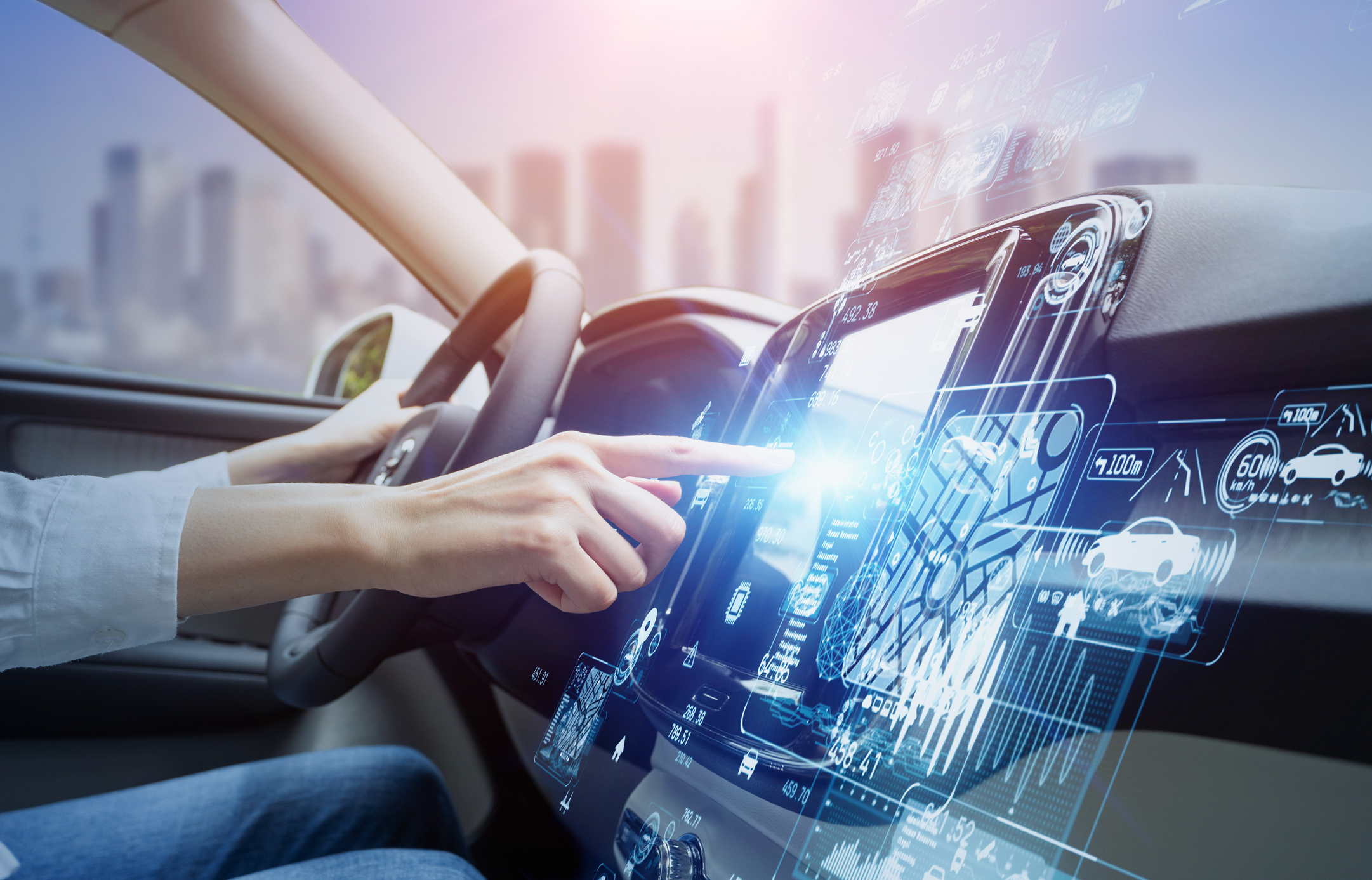Automotive technology innovation is disruptive and rapid change, and digital transformations are the next massive disruptors. Trends such as growing connectivity, IoT, environmental rules, wireless solutions, and keen customer prospects dive into digitalization investments in the vehicle industry.
Technology innovation already infuses various aspects of the automotive worth chain from beginning to end, like design, manufacturing, retail, and distribution. Automotive experts forecast that linking, an abundance of customer data, and artificial intelligence will drive investment well into the future. According to the survey report of future mobility by Forst & Sullivan, information technology will boost from $38 billion in 2015 to over $168 billion in 2025.
What We Can Expect in Digital Transformation for Automotive
Various automotive buyer experience features have roots deep into the 20th decade and have altered little until now. For new car sales, e-commerce has long been accessible to customers and dealerships but is ideal for the traditional purchasing experience. Moreover, the push to involve digital equipment like iPads in showrooms did minor to expand the customer experience.
The globe has changed, and consumers are more eager to go online for their automotive requirements. This trend aims to accelerate the sale of all kinds, whether oddities B2B or B2C e-commerce, to enhance the digital experience and link with customers on social media applications or websites.
Does the Automotive Industry Require Digital Transformation?
The digital uprising has made our lives much more convenient and accessible, and the same is true for the automotive industry. The embrace of digital technology is underway in self-driven cars, maintenance, sales, marketing, and manufacturing. However, these developments are not without their difficulties or challenges.
Challenges of Digitization in The Automotive Industry
Many automotive industry digital transformation enterprises circle customer demand and technology-driven trends to stay challenging. Moreover, the automotive industry is interlinked and highly competitive with other sectors. Movements such as digital transformation in manufacturing focus on the weather, mobility as a service, and forecast computing bring advantages and focus on several industry challenges. A few of them are listed below.
- Investments
- Resistance to change
- Customer-centricity
Top Digital Transformation Trends in the Automotive Industry
The automotive industry is considered one of the most approachable to emerging innovations and trends, making it dynamic. We have examined the top digital trends driving severe changes in all automotive industry features. Here are some of them:
Environment
Human impact on the environment is a hot topic; each industry transfers to a much more environmentally friendly and sustainable technology. Almost every major automotive brand already launched an utterly electric car in its lineup. According to the research CNN, Volkswagen is forecast to sell 1.4 million electric gasoline vehicles by 2040.
The increase in online shopping is pushing sales of an electric delivery van. At the start of the fall, Amazon ordered almost 1,00 or more electric vans from Mercedes. Various brands are converting sales online, too. As automotive brands start innovative models, they are turning online to offer consumers an easy experience without going to the dealership.
Connectivity
From receiver to television to view, most of our devices are already associated in some form, and automotive items are rapidly catching up. The development of documentary systems, for instance, is happening at a quick pace.
Vehicles are more proficient in understanding voice instructions, screen parts for wear according to driving ways and adapting to the driver’s personality.
As technology develops quickly, most of the automotive brands will require boos updates to in-vehicle systems. For instance, Tesla has long-founded wireless car software updates. Vehicle brands see distantly updateable cars as an essential value add, and their sales are predicted to increase to 35 million by 2025.
Autonomy
Predictive driving and machine-learning innovation are already extensive in the automotive industry. As different manufacturer-made technologies and autopilot position systems are enhanced, the usual public will boost the idea of letting vehicles drive themselves.
The automotive industry is highly data-driven, and the amount of information passed via sensors, computers, and cameras is growing daily. It helped drive automotive products at all price points.
Bottom Line
In this technological era, every sector is moving toward digitalization to boost brand awareness. So don’t make mistakes by limiting your digitalization.
 About Complete Controller® – America’s Bookkeeping Experts Complete Controller is the Nation’s Leader in virtual bookkeeping, providing service to businesses and households alike. Utilizing Complete Controller’s technology, clients gain access to a cloud platform where their QuickBooks™️ file, critical financial documents, and back-office tools are hosted in an efficient SSO environment. Complete Controller’s team of certified US-based accounting professionals provide bookkeeping, record storage, performance reporting, and controller services including training, cash-flow management, budgeting and forecasting, process and controls advisement, and bill-pay. With flat-rate service plans, Complete Controller is the most cost-effective expert accounting solution for business, family-office, trusts, and households of any size or complexity.
About Complete Controller® – America’s Bookkeeping Experts Complete Controller is the Nation’s Leader in virtual bookkeeping, providing service to businesses and households alike. Utilizing Complete Controller’s technology, clients gain access to a cloud platform where their QuickBooks™️ file, critical financial documents, and back-office tools are hosted in an efficient SSO environment. Complete Controller’s team of certified US-based accounting professionals provide bookkeeping, record storage, performance reporting, and controller services including training, cash-flow management, budgeting and forecasting, process and controls advisement, and bill-pay. With flat-rate service plans, Complete Controller is the most cost-effective expert accounting solution for business, family-office, trusts, and households of any size or complexity.



